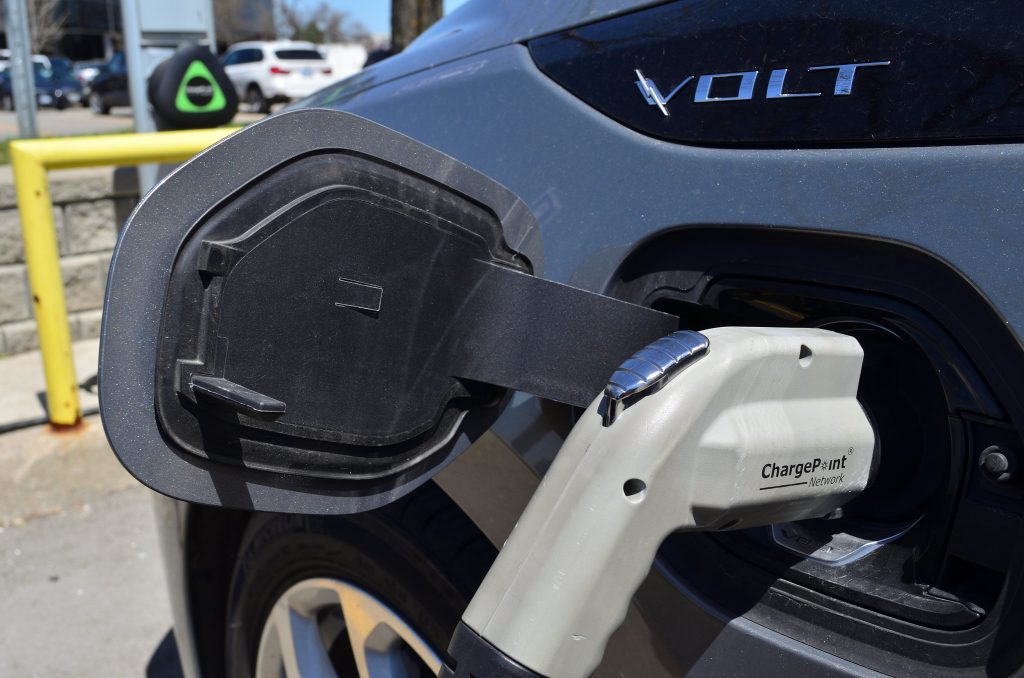Save Money on Transportation
Transportation and lodging account for the largest portions of a traveler’s budget. If you plan a vacation during peak travel seasons, you can count on spending even more money. However, there are several alternative options that you should consider before making reservations. Here are some of the best ways to save money on transportation when traveling abroad.
Trains
Trains are a great way to quickly zip across long distances. You can even save the cost of a hotel if you reserve a sleeper car. Rail passes give you the ease and convenience of traveling to multiple cities for a flat rate. There are variations of them across the world, but the European Rail Pass is probably the most famous. If you plan on visiting several countries, you should definitely look into buying one. Simply enter your destinations and dates, and the search engine will guide you through the itinerary, step by step. Check out their featured routes to save money on transportation when traveling abroad.
If you are more adventurous and prefer to navigate foreign cities on your own, most places have an all access transit card. This gives you an authentic flavor of life abroad since you are traveling alongside the locals. As an added bonus, most buses, subways, and light-rail trains also conveniently pass by the most popular sites. It’s an economical option which lets you splurge a little on the travel experiences you enjoy most.
Planes
Most travel websites do a fair job of comparing flights among domestic carriers. They also allow you to set up email alerts when prices drop. However, I prefer Skyscanner or ITA Matrix since they include all major international competitors. They have easy-to-use tools that compare prices day by day. With a little flexibility in dates and destinations, you can save a lot of dough. It’s even possible to find flights for pennies on the dollar if you can leave within 24 hours.
You should also check out the TripAdvisor app on your phone since it offers one-stop shopping. It helps you find flights, hotels, restaurants, and things to do all in one search engine. The site is especially helpful on those day when you are looking for something more to do. With a few taps, you can locate the best restaurants and attractions near you. Best of all, it even allows you to customize your search within a set budget!
Automobiles
Renting a car on vacation can be a huge, unnecessary expense. Between the gas, parking fees, and insurance, a rental can eat up a good portion of your budget. However, paying for a seat in someone else’s car can save you hundreds of dollars. BlaBlaCar is a European-based ride sharing app that allows you to carpool with car owners seeking to save gas money. The website is easy to peruse and matches you with multiple drivers in your area. You can quickly compare prices and times of departure. If you are hesitant to jump in a stranger’s car, there are plenty of reviews from previous passengers to verify your driver’s credentials.
Charter buses and long-distance coaches are another great way to reserve your cash when traveling abroad. Coach travel has also changed a lot in recent years. Contrary to the associated stigma, most vehicles are clean, comfortable, and efficient. International service usually provides food, beverage, free wifi, and a restroom on board as well. Upgraded tickets can also get you reclining chairs and memory foam seats. Avoid the hustle of airports and train stations by reserving yourself a seat on board a coach and save money on transportation when traveling abroad.
Read More
- Save Big on Your Next Vacation Getaway
- Use These Alternatives to Airbnb
- Protect Yourself from Scammers and Pickpockets

Jenny Smedra is an avid world traveler, ESL teacher, former archaeologist, and freelance writer. Choosing a life abroad had strengthened her commitment to finding ways to bring people together across language and cultural barriers. While most of her time is dedicated to either working with children, she also enjoys good friends, good food, and new adventures.



